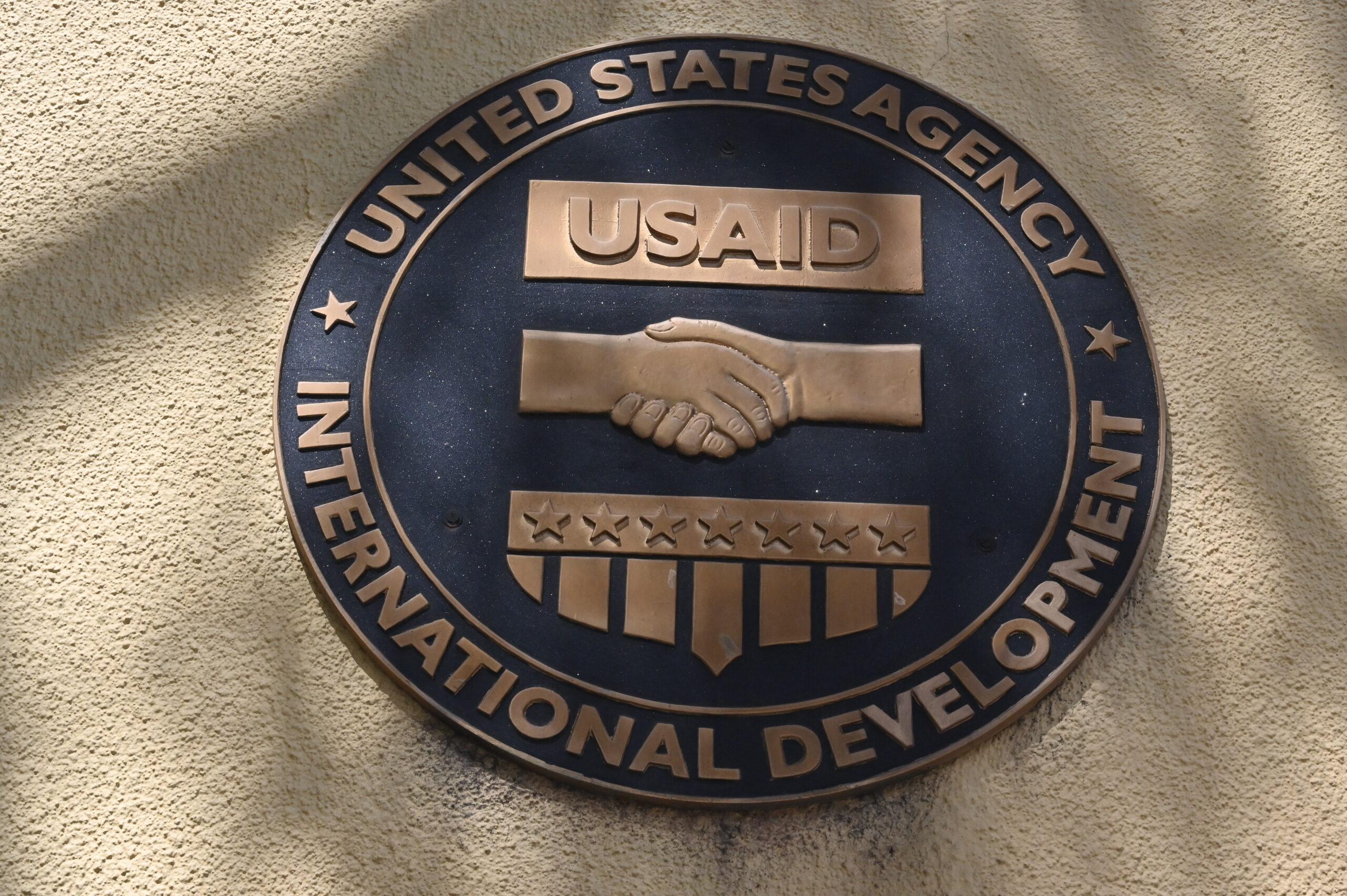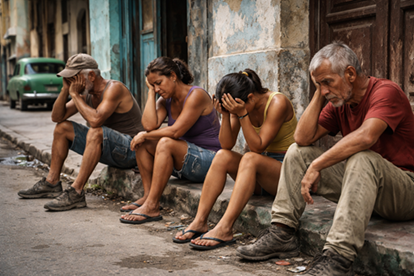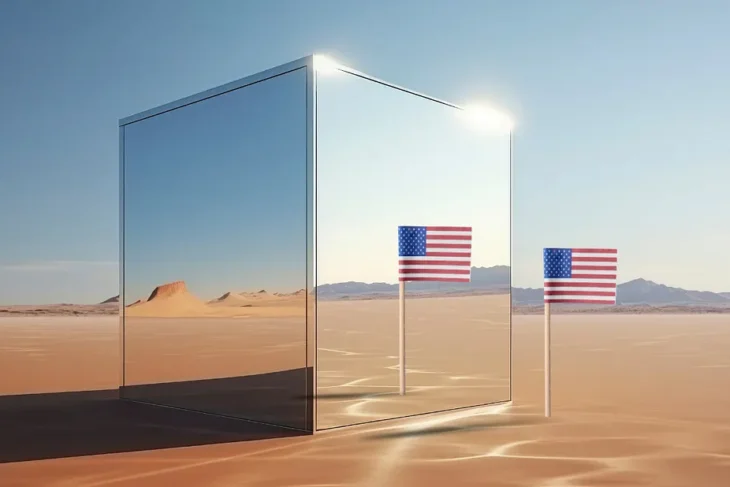
The new Trump Administration has begun with a flurry of executive orders aimed at gutting core elements of the US Government and daily life. With the swipe of a pen we have seen regressive actions being taken against the LGBT community, DEI programmes, and threatening to scrap FEMA and replace it with aid to states conditioned on support.
The attacks have taken up immigrants, both legal and illegal, the sanctioning of the ICC, and seen threats made to Colombia and Panama while also demanding the ethnic cleansing of the Palestinian people from Gaza.
Amongst all this his Administration has also decided to wind up the United States Agency for International Development (USAID). To the uninitiated, this is a travesty. The organisation funds or provides aid of all kinds to most countries in areas ranging from malaria prevention to HIV/AIDS testing and treatment. The organisation, founded in the 60s, has touched the lives of generations of people, and, they will say, has shown altruistic young Americans that their country can do good.
Jamaica has not been spared from the impacts of these executive orders. We are, after all, a recipient of USAID funds for programmes covering HIV/AIDS, STI/STD prevention and awareness, education, crime prevention, youth outreach, women’s rights, and good governance.
With the swipe of a pen, non-governmental organisations (NGOs) dealing with these issues now face serious funding shortfalls and in the worst-case scenario, total closure, as well as the ending of work in these areas. Some of these organisations which are now up against the wall, if we are honest, do work which can be viewed as critical and needed and the threat of their closures has spurred the Government to decide how to address the potential impact.
USAID was founded with the express intent of acting, along with Hollywood and US media, as the US agency of soft power that would impact people in a direct and visible manner. It was created in 1961 following the successful Cuban Revolution to ensure that these types of anti-American revolutions would be harder, if not impossible, as this agency would not only provide “proof” that the US does good, even if a little, it would also act to redirect revolutionary energy into dead ends.
During the COVID-19 pandemic, USAID actively pushed governments to have Cuban doctors expelled while themselves providing paltry aid in comparison and their country was openly stealing aid. This resulted in Brazil and Bolivia expelling Cuban doctors and saw those two countries having large COVID crises with Brazil having one of the largest death tolls.
The agency, under the guise of providing technology to the Cuban people, created an app similar to Twitter. Instead of simply being an information platform it was operated as a venue to foment and agitate anti-Government movements with the secret aim of undermining the revolution and potentially overthrowing it. This was discovered and caused a huge scandal because USAID is, at least on paper, supposed to be apolitical and open to work with any and all agencies.
This myth of being apolitical is also seen in who the agency works with. In countries where it operated, NGOs that accept USAID funds must sign documents stating that they will not work with groups the US has prescribed as terrorists. This act alone shows that the agency, rather than operating on altruistic motives, is instead shoring up US viewpoints by ensuring that groups do not work with organisations that may have similar outlooks because of how the US views them.
In practice, this means groups are unable to work with organisations like Hamas and Hezbollah — both political movements and in government —and in the case of Cuba, the Cuban military which operates in many sectors.
An argument could be made that USAID has not operated badly here so we should mourn its loss, and while I disagree with that — it isn’t that the agency hasn’t done anything bad, it is that we haven’t done anything to warrant bad actions yet — I would also say that USAID is bad for the very reason our local NGOs are crying.
Even if we strip away and turn a blind eye to all the ills and evils like forced sterilisation that USAID has got up to, it still puts local NGOs in a quandary because they are dependent on this aid, they do not look to cultivate local sources, empower and teach communities to donate and participate, they can be labelled as foreign agents, have funding frozen and see the total collapse of their efforts as has been the case with LGBT groups in Hungary for example.
We have seen where, with one swipe of a pen, organisations doing critical work are now seriously talking about winding up operations. Decent work they may be doing, but if this is their reality can they justifiably be called Indigenous organisations, or just international organisations who happen to operate in Jamaica? This is the ultimate challenge facing these organisations and if we are honest, they cannot expect the State to step in and fill the void as these are spaces that the State has already failed to act in or is seriously overburdened.
Jamaica has many issues that Jamaicans need to solve and a lot of it has been papered over by the funding from USAID. If we have an issue with the levels of our governance, we should be beating the pot covers and impressing on Jamaican the importance of getting funding locally so that operations are not held hostage to one man’s whims.
That is organic and hard, but the results are long-term. This, on the other hand, has made local NGOs weaker, having become accustomed to foreign funding. The NGOs must use this and learn, they must become independent of foreign funding and seek to become wholly funded and supported by Jamaicans and Jamaican movements.
Our NGOs must reach out to the communities and utilise them not only for funding but for general operations as is the case in places like Bolivia and Venezuela. They must understand that for the issues to be fixed and taken seriously it must be done by people and not through some altruistic foreign agency. This is the harsh learning experience, one that quite a few organisations may not survive but those that do, must rise from the ashes and truly become people’s NGOs as opposed to the tool of a country seeking to hide its bloody hands. If we have issues with governance, we should sort it out, the same for crime and health. There is too much money, too many people who want to do good and too many causes for us to be looking abroad for salvation. This is something we must do ourselves.



